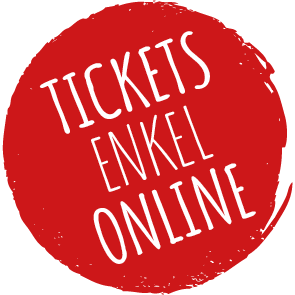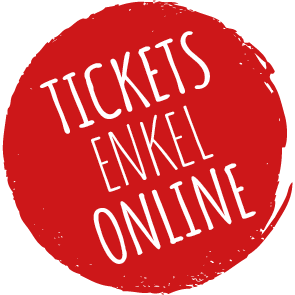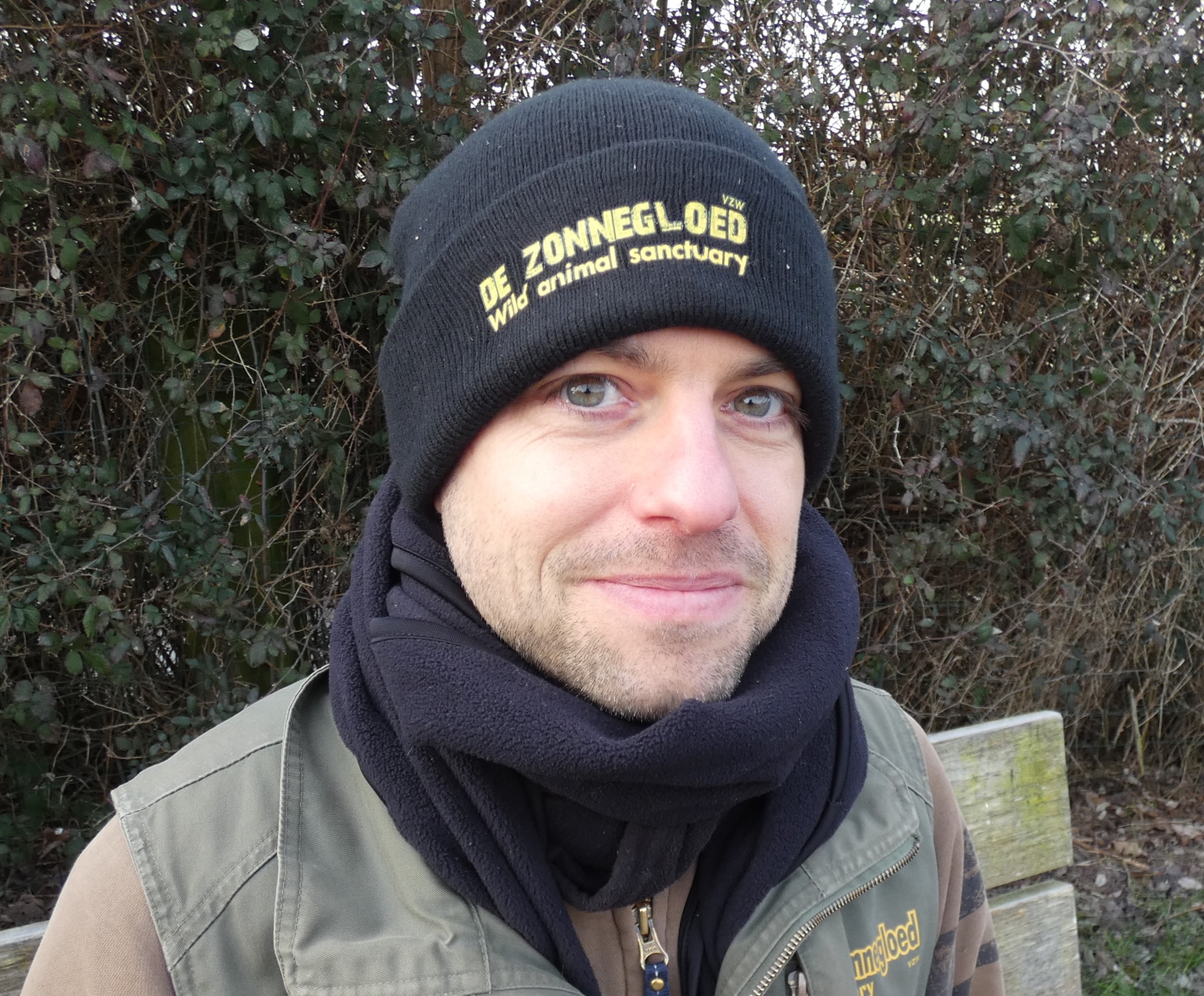Welcome guide
Interns
Contents
1.Welcome
2.Background information Sanctuary De Zonnegloed
3.Map
4.Organization
5.Animal Care Policy
■ Shelter
■ Rehabilitation
■ Hands-off policy
6.Your internship
■ Who is who?
■ Internship course
■ Regulations
■ Staff board
■ Park access
■ Additional
7. Use of the studio
■ Refectory/Kitchen
■ Regulations
■ Use washing machine
■ Use cleaning materials
■ Available material
8.Nearby
■ Use bicycle
■ Shops
■ Restaurants, eateries, …
■ Tourism
■ Nature reserves, walking routes
■ History World War I
■ Cities
■ Churches
■ Practical
Wifi code: Zonnegloed2 - password: zongloed2
1.Welcome
Dear intern,
On behalf of the founders and employees, we would like to welcome you to our sanctuary De Zonnegloed.
The translation of a sanctuary means a safe haven – a warm nest. We hope that you can experience this yourself during your stay here. That it will not only be a fun and educational internship, but that you will also experience a warm welcome.
If you do not have a car yourself, but would like to explore the area, you can always drop by the office and we will see if we can take you on an outing. Even if you need a chat or a listening ear during your internship, you can always come to our office.
In case of emergency, you can always call us as those responsible. The telephone details can be found on the sheet with the emergency numbers in the studio section.
Good luck with your internship!
Karel & Lieve Ackaert
2.Background information Sanctuary De Zonnegloed
The non-profit organization De Zonnegloed was founded in 1999. Initially, the vision was to open an educational center to provide a place for children and young adults to get closer to the source with respect for creation.
In 2001, the educational center was expanded and it was possible to visit the park and the animals as a day trip. We also received the first educational school trips.
The construction of an extensive youth accommodation in 2003 made it possible to camp in De Zonnegloed with a range of open-air classes with an emphasis on animal welfare and respect for nature.
In 2011, the real start of De Zonnegloed as a sanctuary - a shelter for animals in need. On April 5, 2011, the first animals, three raccoons, were collected. The animals came to us via the AAP (NL) foundation, which started a close collaboration between the two organizations.
In 2013, De Zonnegloed was first and foremost recognized by the Flemish government - Environment Department - Animal Welfare Policy Service. Later that year we also received recognition from the Federal Public Service CITES as a shelter for exotic animals.
Since 2015, things have been moving in the right direction and we were recognized as a wild animal sanctuary by EARS (European Alliance of Rescue Centers and Sanctuaries).
In 2017, De Zonnegloed received recognition from the FAVV as a BALAI-approved institution, which means that the quarantine areas meet the highest European safety regulations.
In 2022 we received the Miawkes Award, the greatest animal friends in Flanders.
3.Map
4.Organization
Responsible persons and founders
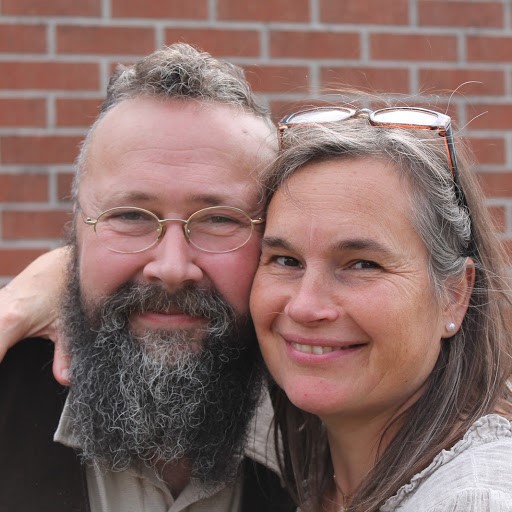
Karel Ackaert & Lieve De Busscher
• Karel : Prevention - Construction - Animals - Protocol -
Administration - Accounting - Reservation
• Lieve : HR - Shop - Volunteer work - Administration trainees
Reception Animal care Technical service
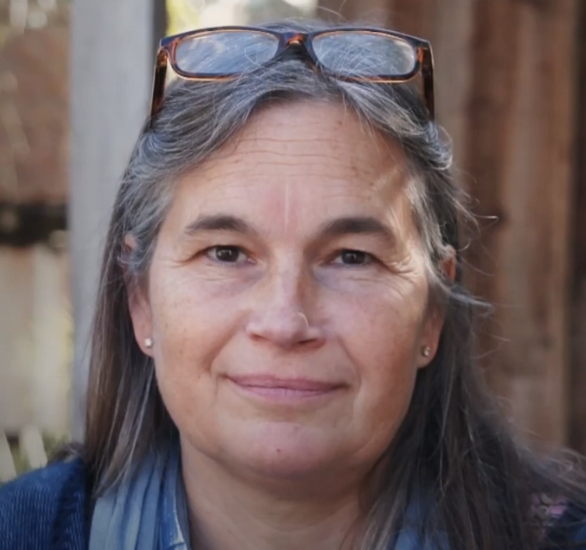
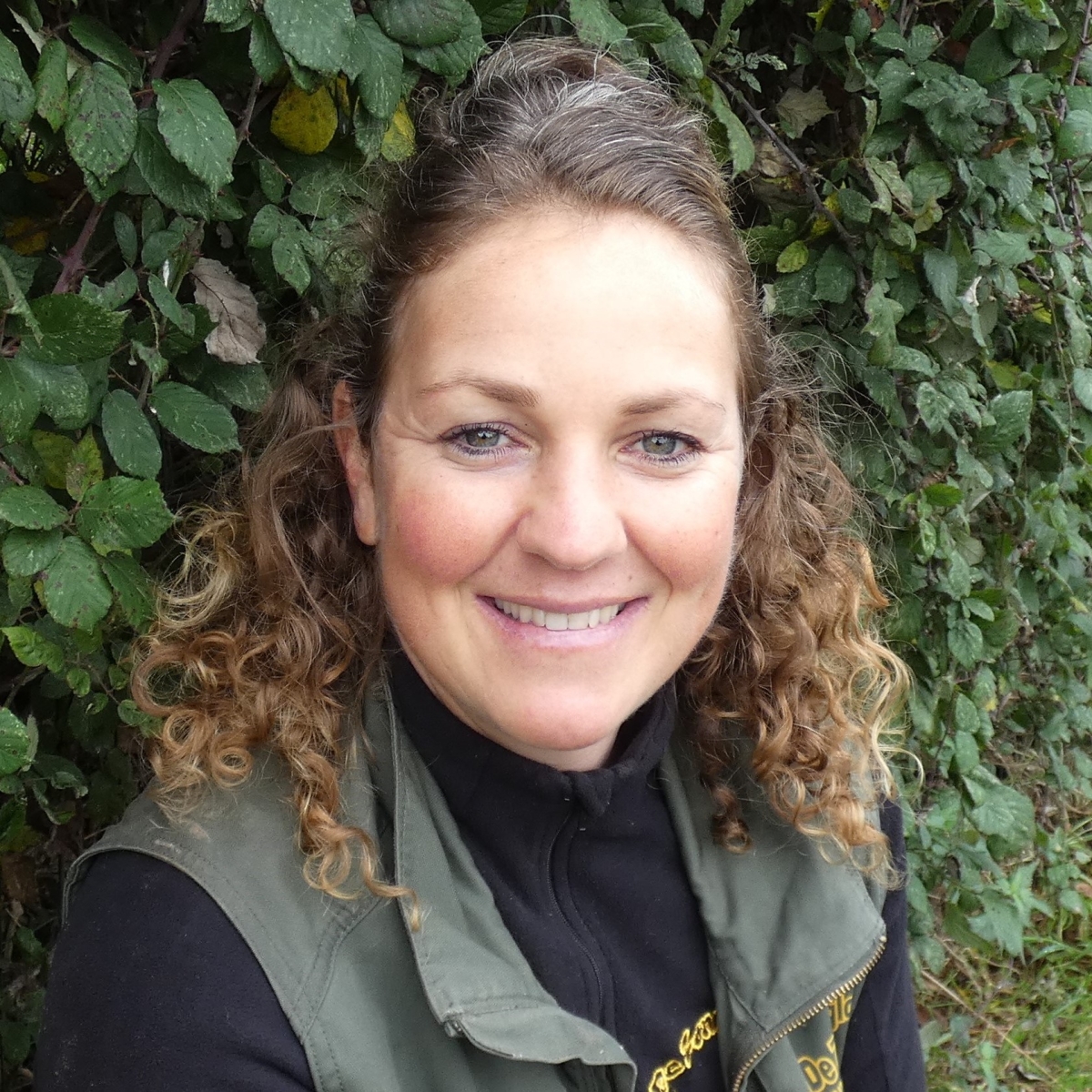
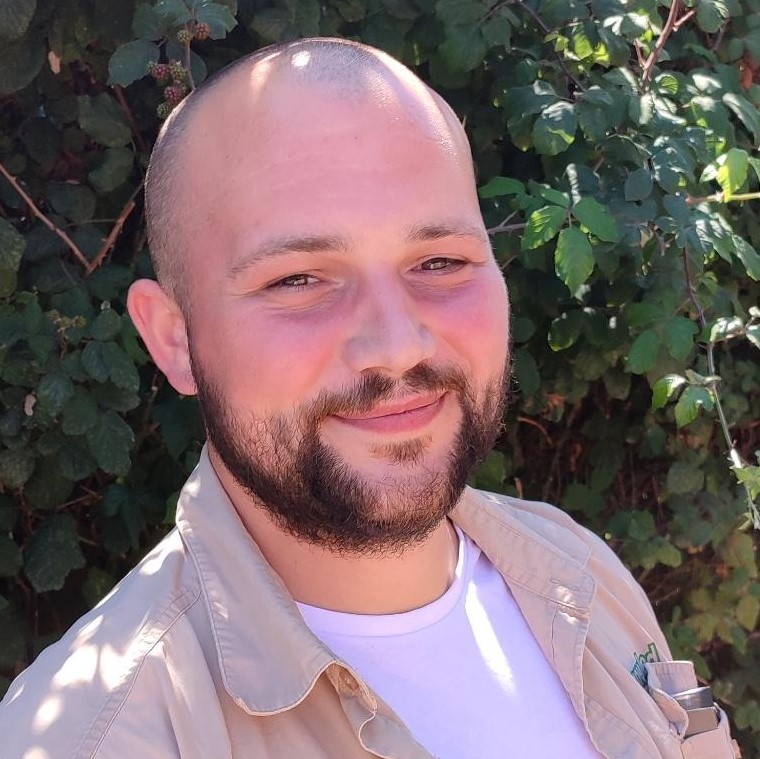
Lieve : head of reception Zenzi : head of animal care David : head of tp

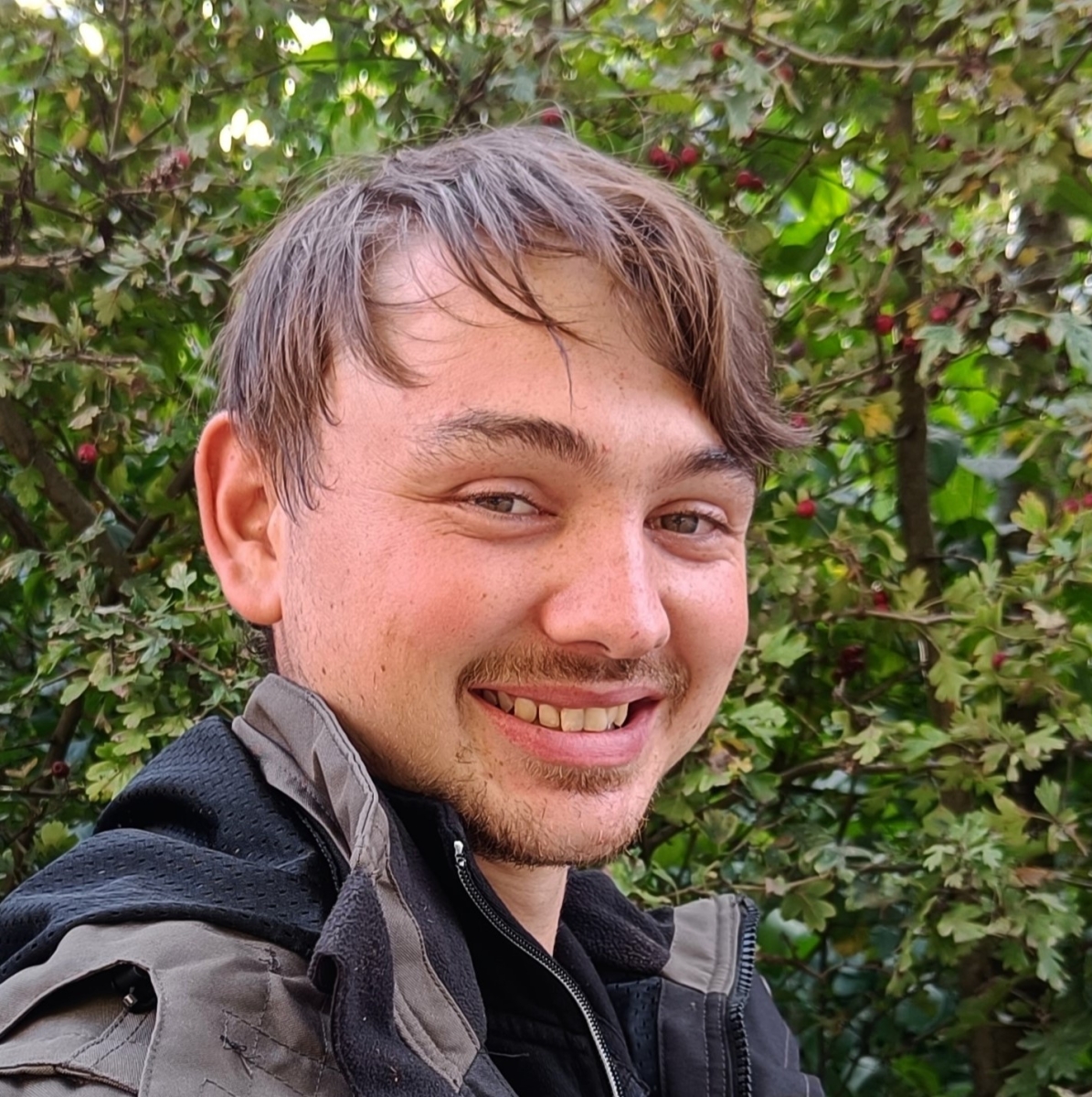
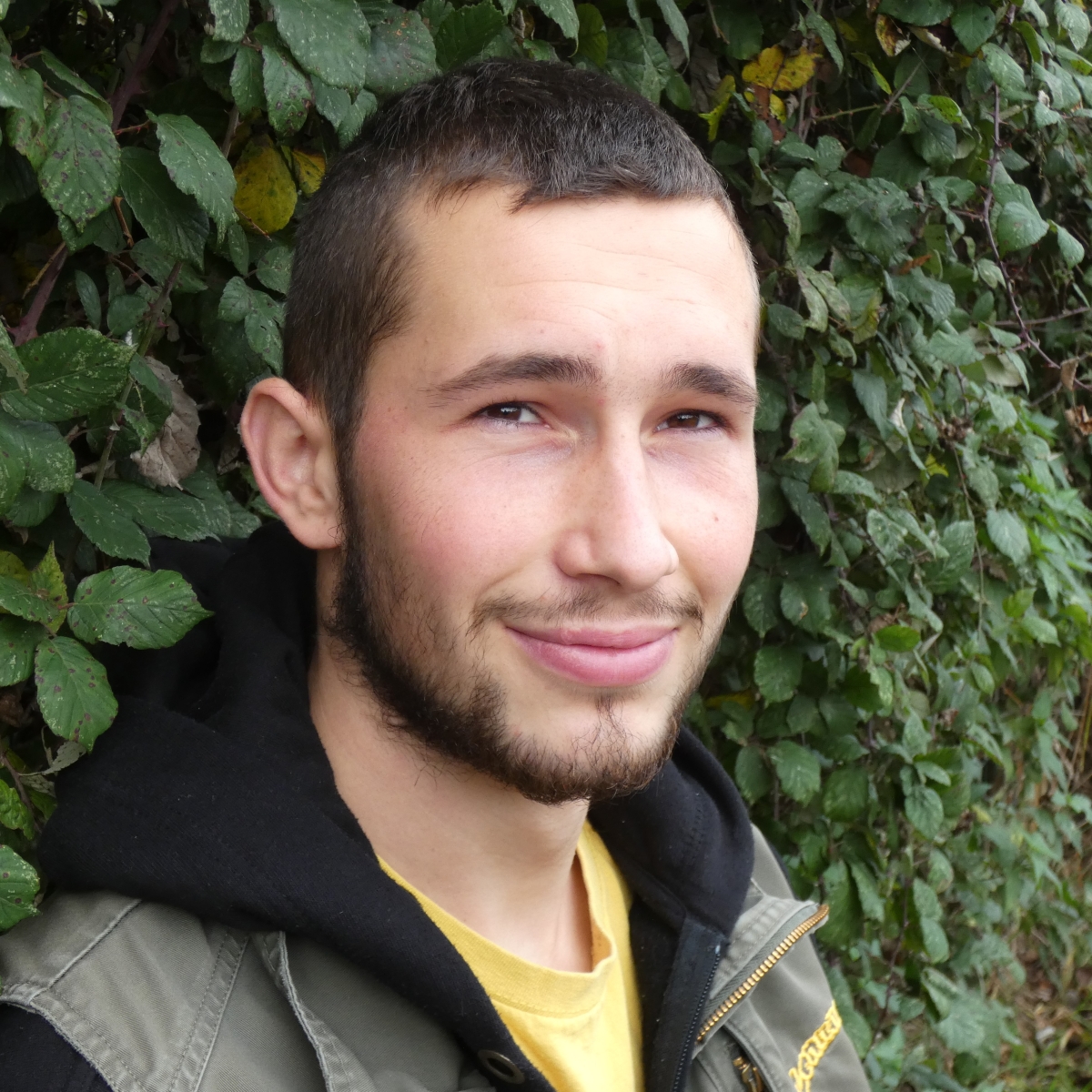
Bart - Jason Immanuel
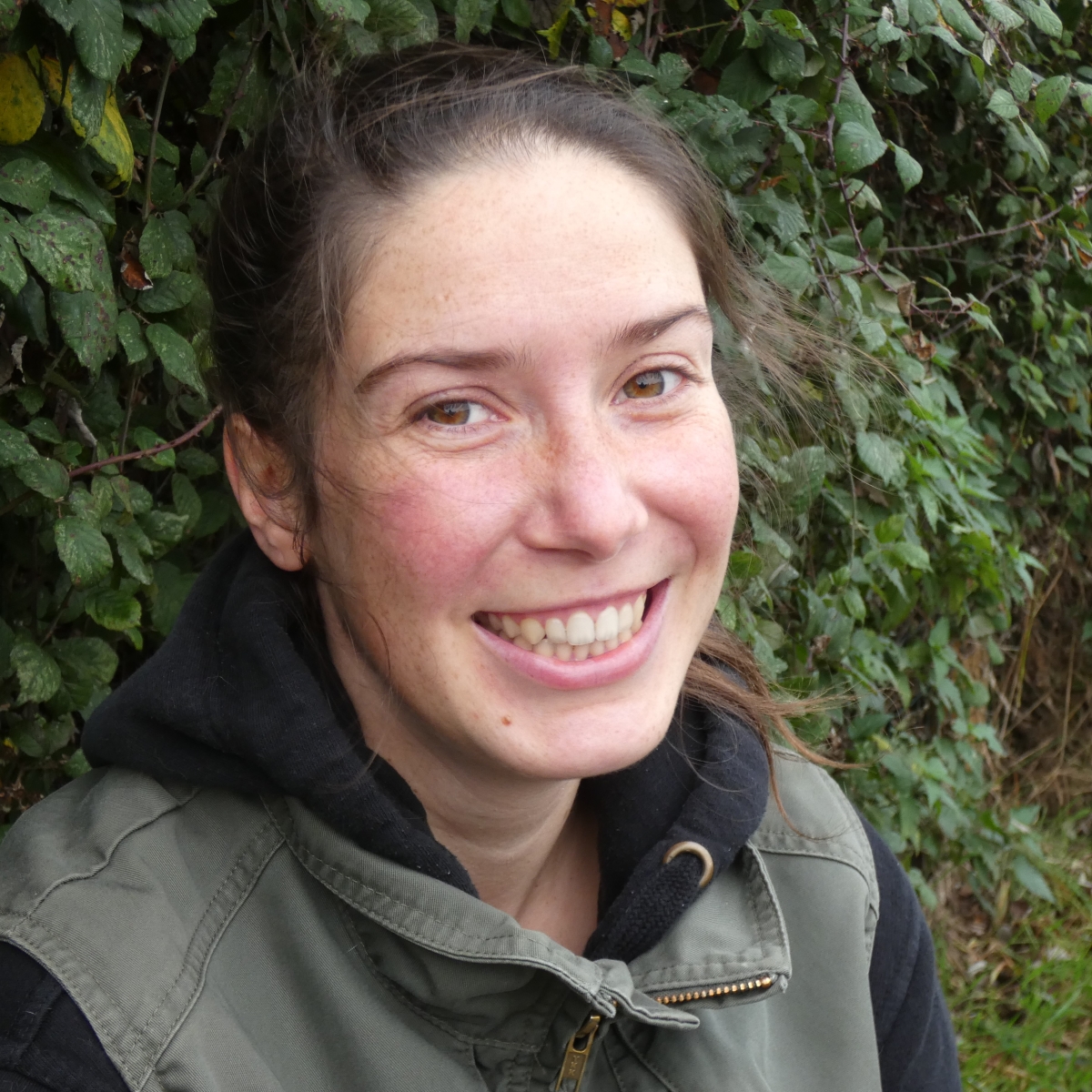
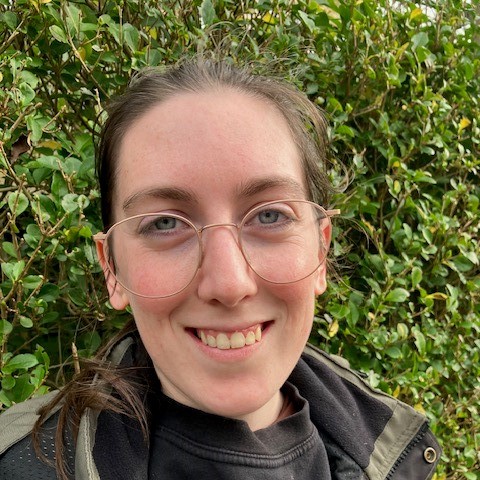
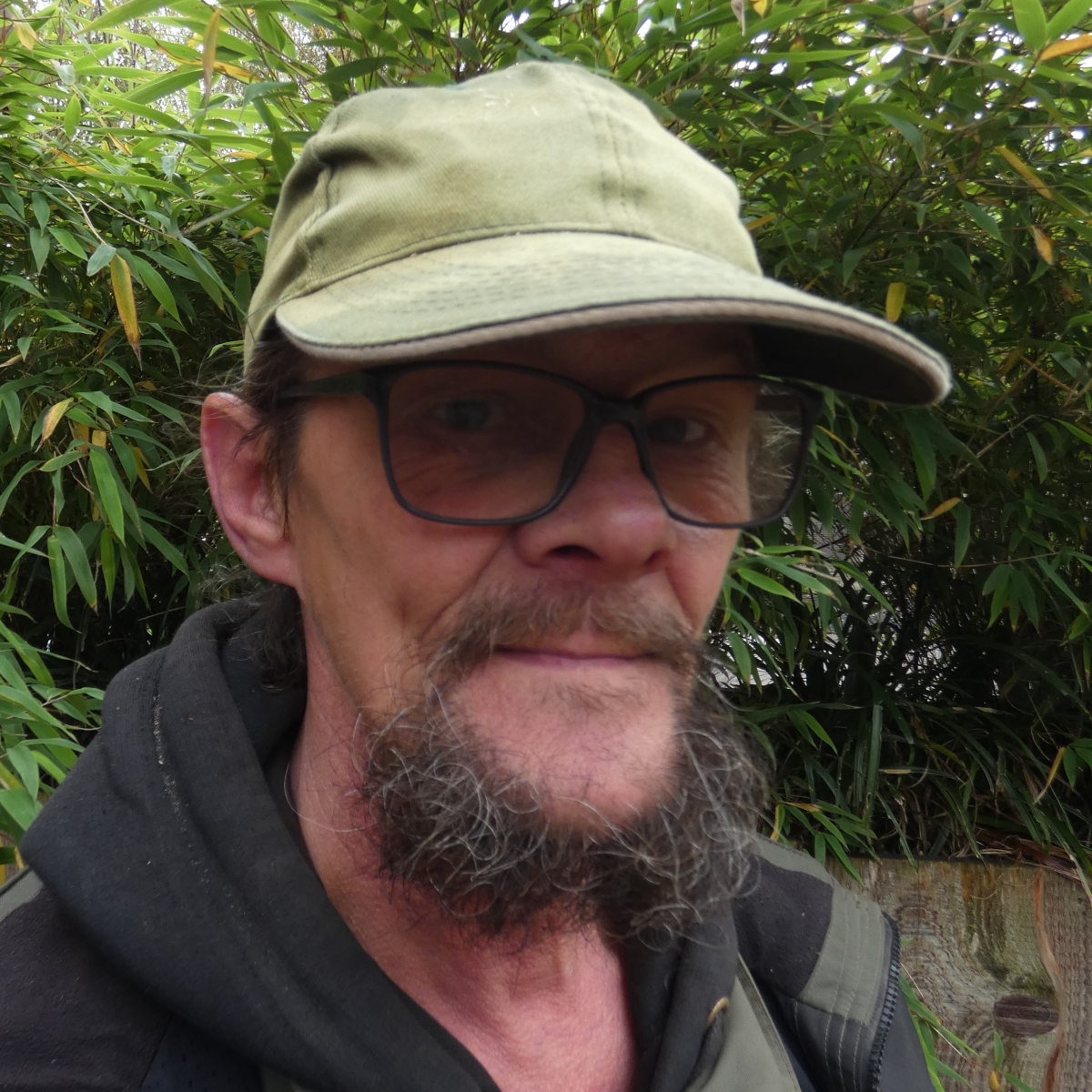
Lyn - Chloë Luc
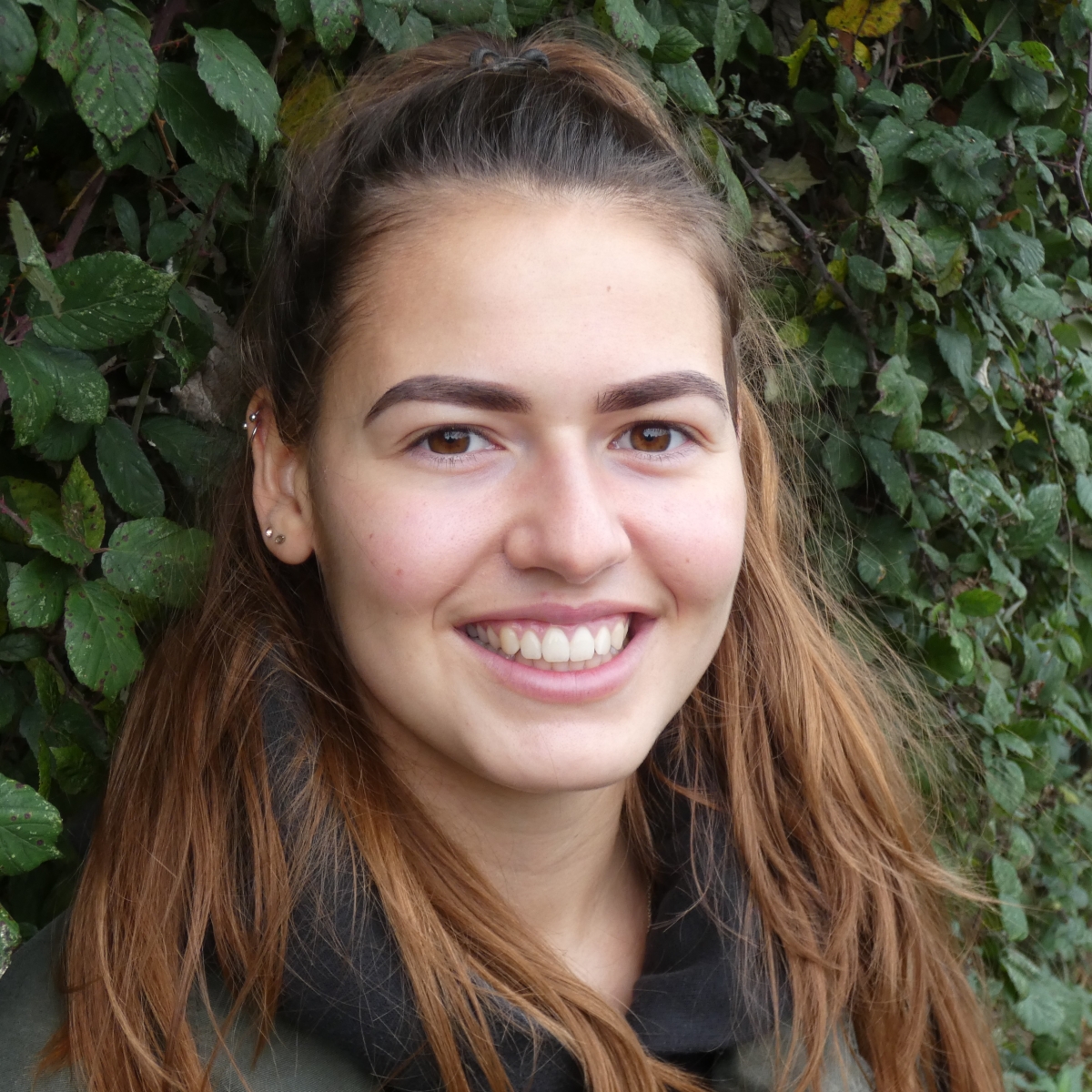
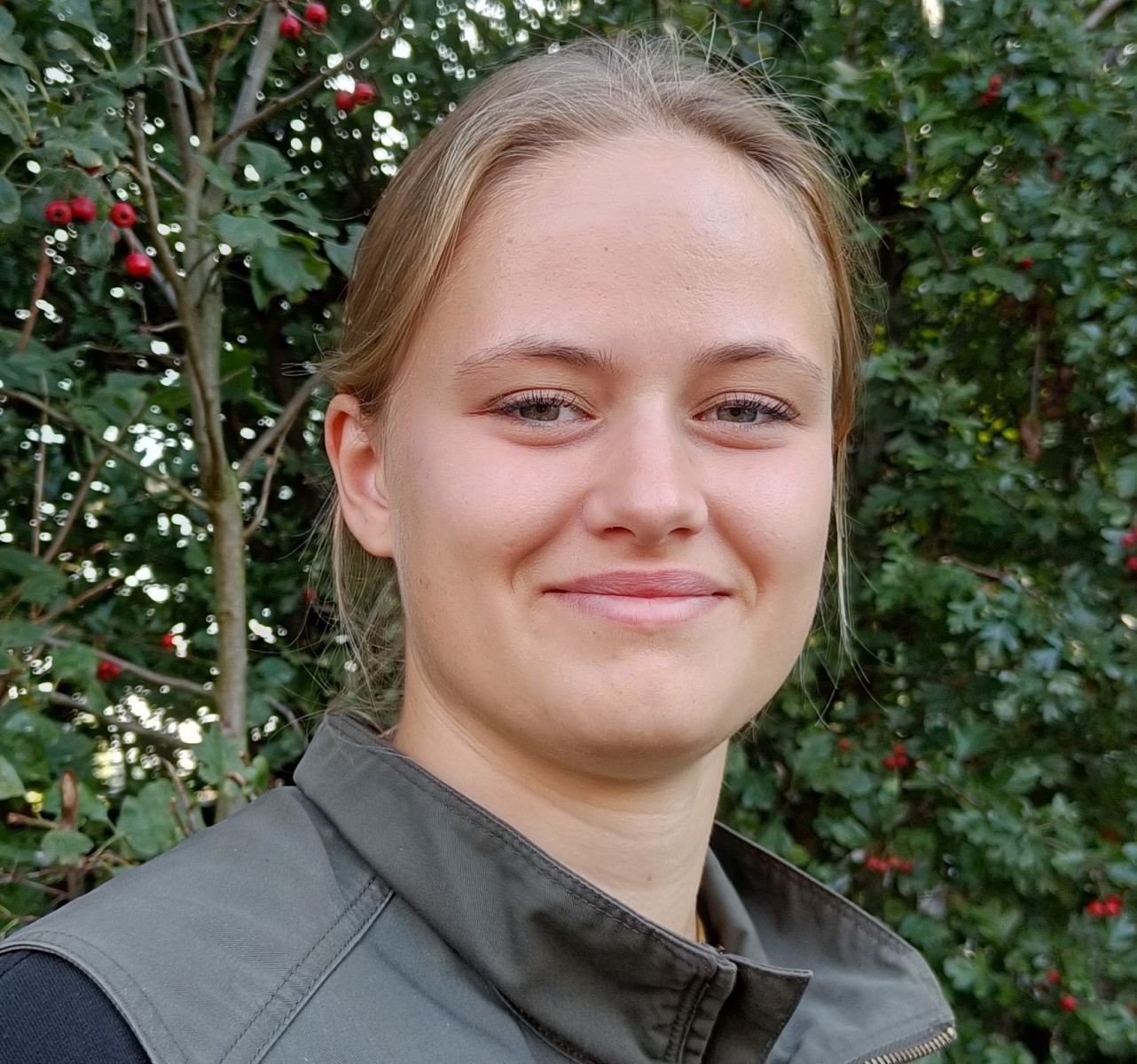
Febe - Nina Tonny
5.Animal Care Policy
Sanctuary De Zonnegloed is committed to caring for animals that cannot be returned to nature. The animal population in De Zonnegloed is mainly composed of animals from shelters and wildlife rescue centers. These are animals that have been severely neglected, confiscated from shady zoos, circuses, traders or private individuals. These animals need expert and loving care: adapted food, a clean and adapted enclosure, medical care and the right attention. The Sun Glow gives these animals a new life. A place where animals have the opportunity to enjoy a real home for life, to be symbolically adopted, ... is called a sanctuary. This means a safe haven, a warm nest. This is unique for Europe that an animal park builds up its animal population in this way and thus saves animals.
We physically and mentally rehabilitate the animals we take care of and offer them a second life in a group with others of their own kind.
■ Personal plan
De Zonnegloed has a team of certified animal caretakers, supported by expert veterinarians, who strive to ensure that an animal becomes and remains healthy, both physically and mentally. Upon arrival, animals are first quarantined. Here they undergo extensive medical examination. A separate treatment plan is drawn up for each animal or group of animals, including resocialization, possible medications and nutrition. It all too often happens that an animal has been fed the wrong food for years (such as sweets, coffee and cola), making a personally tailored diet necessary. As soon as the animals are allowed to leave the quarantine, they go to their new adapted enclosure. Here the animals are still closely monitored and treated further. Every year, all residents of De Zonnegloed receive a medical check, during which vaccinations are given and we check whether everything is still going well. If not, action can be taken.
■ Copying
Rest and veterinary care are essential for the new animals arriving at De Zonnegloed. But we are not there yet: the animals often still have a lot to learn. Many of the animals we care for are social animals. However, due to their past, they have not always been able to learn how to interact with others of their own kind. For example, they do not know how to communicate or which social rules to adhere to. At De Zonnegloed we are convinced that social animals are happiest with others of their own kind. So we strive to keep every animal in a group.
An animal that comes out of quarantine is first given time to get used to the new environment, the new zookeeper and the outdoor enclosure. The new animal is first placed in an enclosure next to its own kind; This way the animals can see, smell and hear each other. Only when there is positive contact will the zookeepers try to add the new animal to the group. This often starts with one of the group members, after which the other group members are gradually introduced. During this process, keepers often observe and record the animals' behavior. The animal may have never seen another member of its kind. They learn the rules of conduct from group members and through imitation. This doesn't always happen overnight; It sometimes takes some arguments before a new animal knows its place in the hierarchy and knows how to behave like a monkey, for example.
■ Unlearning
In various species, the animals also have to unlearn habits. Ex-pets in particular are used to attention from people and ignore their peers. You'll never make friends that way, of course! By not giving the animals individual attention, they stop doing this sooner and seek contact with their own kind more quickly.
Animals that were previously confined to small cages or were lonely often exhibit stereotypical behavior such as pacing or even self-injury. By distracting them with food puzzles, play materials and others of their own kind, they unlearn this step by step. It varies per animal how long it takes before we can place him or her in a group. For example, animals that have been taken from their mothers at a very young age and have therefore not learned social skills need more time to learn them. With a lot of patience and attention this almost always works.
Hands off policy
Due to the difficult past of many of our animals, we have a hands-off policy. This means that we handle or touch the animals as little as possible. This can only occur in the case of medical examinations or treatments. In order to hinder the rehabilitation process of the animals as little as possible, only a permanent animal caretaker, a person who knows the animal, is allowed to perform this action or restraint.
6.Your internship
Who is who?
Ultimately responsible: Karel Ackaert
Head of Animal Care: Zenzi Willems
Internship coordinator (administration, planning): Lieve De Busscher & Volunteer Gilbert
Internship mentor (evaluations, follow-up on the work floor, point of contact for rooms, etc.): Zenzi Willems
Course of the internship
■ 1st day – 9am (feeding kitchen)
Reception and general explanation and rules of the feeding kitchen and manure material by an animal caretaker. She will therefore take the time to give you a vest from De Zonnegloed. You can contact Lieve to purchase the optional work clothing (T-shirt & Sweater volunteers), she will arrange this together with you.
■ 1st week
You will work with an animal caretaker in the various departments. In general, this will be with the person in charge of that department, but certainly also together with one of the other animal caretakers. He or she will give you all the information about the different animals, their care, their stories, ...
■ End of 1st week
At the end of your first week of internship, a meeting will be scheduled with your internship mentor. During that conversation you will discuss with her whether your preferred department really interests you, or whether you would prefer to be in a different department.
Depending on the length of your internship period, you will be placed in a department (for internships of approximately 4 to 6 weeks) or you have the option to do an internship in a second department (for internships of approximately 8 to 12 weeks).
■ End of an internship day
An internship day runs from 9 a.m. to 5:30 p.m., with a lunch break from 12 noon to 1 p.m. Please note that we like to all stop at 5:30 PM, so the work is not done until everyone has completed their tasks. Once you have finished your tasks, ask around if you can help with anything so that we can all go home on time.
The work in a sanctuary is actually never done. A day will therefore never end earlier than 5:30 PM.
■ Key use and other responsibilities
Depending on the progress of your own process within your internship, you will be given more responsibilities. This decision rests with your internship mentor in consultation with the other zookeepers.
Naturally, this also depends on the type of internship you do, the time period that you do your internship with us and the level of your education.
■ Evaluations
Depending on your school, evaluation interviews take place at different times. These conversations are held with your internship mentor and, if your teacher wishes, with you present. The conversations usually take place on Fridays at 1 p.m.
If your school does not require evaluation moments, we will organize an interim and final evaluation with you.
Would you like an extra evaluation moment? Ask your internship mentor about this, she will be happy to discuss your evolution, work points and progress with you.
Regulations
■ General rules for interns
• Everyone adheres to the pre-agreed hours. (9am to 12.30pm and 1.30pm to 5.30pm, on Friday until 6pm)
• Upon arrival (with overnight stay): please arrive before 5 pm the day before - ring the bell and register at the service entrance. Arrival after 5pm? Please let us know in time
• On arrival (without overnight stay): you will receive the gate code one week before the start of your internship, register in the feeding kitchen.
• No mobile phone use during working hours. Tip: provide a notebook with a pen.
• It is strictly prohibited to post photos and/or events on Facebook or other social media or the internet. Professional secrecy.
• No music during working hours.
• No smoking during working hours, afterwards in the designated area. Also no alcohol during or between working hours, including during the lunch break. No drugs.
• Provide your own clothing:
o Safety shoes or boots with hardened sole and toe.
o Dark pants
o Rain clothing or jacket
o Thermal underwear (if internship during the colder months)
o Black hat (without pompom) and/or neck warmer (if internship during the colder months; can be purchased during the internship for €3 each.)
o Slippers, slippers, ...
• Optional clothing to purchase:
o T-shirt Volunteer (€10 each)
o Pull Volunteer (€15 each)
• For safety reasons, bracelets, necklaces, earrings, etc. are not permitted. Tip: provide a timepiece.
■ Contact animals
• It is strictly forbidden to touch exotic animals (cuddling, petting, etc.) - Hands-off policy.
• All work materials are put back in place after use and thoroughly cleaned.
• If there is any uncertainty while caring for the animals, someone from the animal care staff is always called.
• The animals may not be fed without permission.
• Do not enter the animals' enclosures unnecessarily and only if permission has been given by an animal caretaker.
• If an animal escapes, always first inform the head of Animal Care for further instructions (via walkie talkie).
• Walkie talkies are put back in their place every time after working hours. You hand over keys personally to an animal caretaker after the working day, who will record the return. It is strictly forbidden to take these home.
■ Overnight stay
• You can spend the night at €75 / week. Use studio without meals. The intern provides all meals himself.
• The studio must be neatly maintained at all times - a cleaning list will be drawn up.
• Pets and visitors are not allowed.
• At the end of the internship period, the room must be emptied and cleaned before the start of the last day of the internship. During the day, the room is checked for deficiencies so that they can be addressed.
• It is strictly forbidden to enter the studio outside the internship period.
• If the intern stays overnight, no rent will be refunded in the event of early termination.
• If you have problems with fellow students, always consult with the head of Animal Care.
• Request to use ecological/biodegradable shower products if possible.
During your internship interview, the general internship regulations were already discussed with you and you signed them.
Staff board
At the bottom of the stairs to the refectory/kitchen there is a room layout.
Place your card in the correct bedroom. This card will remain there for the entirety of your internship period.
■ If you are present in the studio area (in the evening, day off), you will hang a green magnet next to your ticket.
■ If you are not present in the studio area (during internship hours, when you leave the domain on your day off, when you walk around in the park), you must hang a red magnet next to your ticket.
! These regulations are there so that in an emergency situation the person responsible/the fire brigade/emergency services can see at a glance who is upstairs in the studio.
Park access
As a sanctuary we do not receive any subsidies. As a result, we are forced to open our park to the public so that we can generate sufficient income for our operations. To give the animals some rest in the evening and at night, we therefore ask all staff, volunteers and you as a trainee not to walk through the park after 6 pm. Except on Wednesdays, this is possible until 10 p.m. (in complete silence and without flashlights).
Additional
■ As an intern you receive the employee discount when you purchase something from the shop, always mention this at the cash register.
■ For cars that stay on the De Zonnegloed grounds all week, a parking card is provided that you always place on the front of the dashboard.
7. Use of the studio
The refectory is also your kitchen. Cabinets have been provided so that you can easily store food or your own belongings. The number of your locker corresponds to the number of your room.
During the summer period there is a place outside where you can have breakfast, lunch or dinner.
■ Living space
• Daily
o Putting away clothes
o Free up worksheets
o Clear the table after every meal + wash and put away immediately
o Empty the organic waste bucket once a day (in the evening)
• Weekly
o Sweeping / vacuuming
o Mopping (with all-purpose cleaner)
o Clean coffee table with a damp cloth
o Towels and dish cloths in the wash and fresh ones in place
o Oven mitts in the wash
o Empty waste bins + clean up paper and cardboard
o Clean out the microwave + clean under the microwave
• At departure
o Sweeping / vacuuming
o Mopping
o Empty and clean the refrigerator and freezer compartment
o Empty and clean kitchen cupboards
o Report if anything is missing or broken (including cleaning products)
o Dust off
■ Bathroom
• Daily
o Keep the sink clear and clean it with a cloth
o Keep the toilet clean
o Keep the shower clean
• Weekly
o Sweeping / vacuuming
o Mopping (with all-purpose cleaner)
o Clean the shower with product
o Clean the toilet with product
o Clean the sink with product
• At departure
o Sweeping / vacuuming
o Mopping
o Clean the shower with product
o Clean the toilet with product
o Clean the sink with product
o Clean everything up, leave nothing behind
o Report if anything is missing or broken (including cleaning products)
o Clean the mirror
o Replenish toilet paper
■ Room
• Daily
o Keep the room clean
o Keep the sink clear and clean it with a cloth
• Weekly
o Sweeping / vacuuming
o Mopping (with a damp mop, no product!)
o Leave everything clean
o Clean the sink with product
• At departure
o Sheets in the laundry basket
o Take back any clothing/laundry from the laundry basket/drying rack
o Sweeping / vacuuming
o Mopping (with a damp mop)
o Clean the sink & mirror with product
o Window washing
o Dust off
o Clean the mirror
o Check all drawers
o Leave the door open
IMPORTANT
■ Dirty clothes directly in the wash
■ Do not sit on the seats/chairs with dirty clothes!
■ Only wear slippers in the studio, no shoes.
Use washing machine
The washing machine may be used freely during your internship. We do ask you to wash any dirty clothes together with the clothes of other interns, so that the washing machine runs full loads as much as possible (think about the environment.)
At the start of your internship you were given clean sheets. If you would like to change your sheets during your internship, you can wash and reuse the dirty sheets yourself.
Use cleaning materials
All materials have a fixed place. After use, please put everything back in place for the next user.
If cleaning materials are (almost) used up → Make a note on the memo board in the kitchen.
8.Nearby
Use bicycle
There is currently a bicycle available for trainees to use during their free moments. This is located in the bicycle shed at the entrance gate in car park 1. Please put the bicycle back properly after use and report to your internship mentor if there is anything wrong with it.
Belbus
The nearest bus stop is De Zonnegloed stop. You can reserve a call bus via telephone number 059 56 52 56.
Stores
■ Baker Wim Vannobel (Markt Vleteren 1 km)
■ Fauna Leroy – For animals, but also vegetables and drinks (Vleteren 3 km)
■ SPAR – supermarket (Reninge 4 km)
■ Colruyt – supermarket (Poperinge 13 km)
Restaurants, eateries, …
■ Café 't Molenhof (Vleteren 1 km
■ Frituur Patadoor Bistro (Woesten 8km)
■ Frituur Den Engel (Vleteren 5 km)
Unfortunately we are too far away for Takeaway.com.
Tourism
■ Bellewaerde amusement park-animal park (Ypres 20 km)
■ Sea/beach (De Panne 25 km)
■ Cinema Koksijde (Koksijde 25 km)
■ Plopsaland (De Panne 25 km)
■ Q-beach house (summer period) (Oostende 50 km)
■ Zoo Serpentarium (Blankenberge 75 km)
■ Sea Life (Blankenberge 75 km)
Nature reserves, walking routes
■ Brabanthoek walking route (6.6 km) (Vleteren < 1 km)
■ De Blanckaert nature reserve (Diksmuide 15 km)
■ Domain Bergelen (Wevelgem 45 km)
■ De Gavers (Harelbeke 50 km)
■ Zwin Nature Park (Knokke Heist 90 km)
History World War I
■ City of Ypres with the Last Post (Every evening at 8 p.m.) (Ypres 20 km)
■ In Flanders Fields Museum (Ypres 20 km)
■ Tyne Cot Cemetery (Zonnebeke 25 km)
■ Command bunker Kemmel (Kemmel 25 km)
Towns
■ Ypres 20 km
■ Kortrijk 45 km
■ Bruges 70 km
Churches
■ Evangelical church: GFC Woesten (Woesten 6 km)
■ Roman Catholic Church - See kerknet.be for celebrations
Practical
■ Van de Walle Pharmacy (Vleteren, Veurnestraat 9)
■ General practitioner De Mistel (Hendrik Deberghstraat 37/B, Tel: +32 (0)57 40 00 20)

